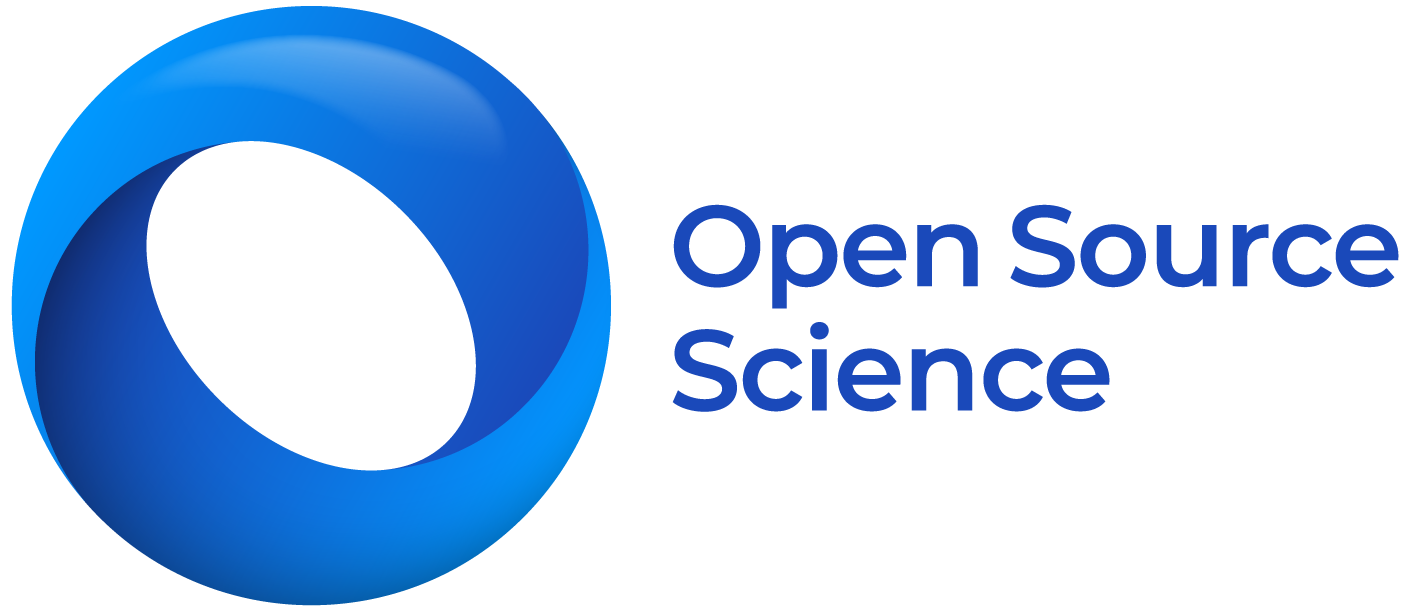Open-tES: An open-source stimulator for transcranial electrical stimulation designed for rodent research
Non-invasive neuromodulatory techniques, including transcranial direct current stimulation (tDCS), have been shown to modulate neuronal function and are used both in cognitive neuroscience and to treat neuropsychiatric conditions. In this context, animal models provide a powerful tool to identify the neurobiological mechanisms of action of tDCS. However, finding a current generator that is easily usable and which allows a wide range of stimulation parameters can be difficult and/or expensive. Here, we introduce the Open-tES device, a project under a Creative Commons License (CC BY, SA 4.0) shared on the collaborative platform Git-Hub. This current generator allows tDCS (and other kinds of stimulations) to be realized, is suitable for rodents, is easy to use, and is low-cost. Characterization has been performed to measure the precision and accuracy of the current delivered. We also aimed to compare its effects with a commercial stimulator used in clinical trials (DC-Stimulator Plus, NeuroConn, Germany). To achieve this, a behavioral study was conducted to evaluate its efficacy for decreasing depression related-behavior in mice. The stimulator precision and accuracy were better than 250 nA and 25 nA, respectively. The behavioral evaluation performed in mice in the present study did not reveal any significant differences between the commercial stimulator used in clinical trials and the Open-tES device. Accuracy and precision of the stimulator ensure high repeatability of the stimulations. This current generator constitutes a reliable and inexpensive tool that is useful for preclinical studies in the field of non-invasive electrical brain stimulation.


